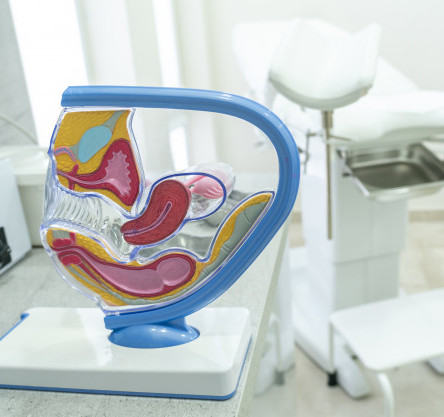Immunological study of the endometrium

What is the Immunological study of the endometrium?
Immune cells present at the endometrial level play a crucial role for successful implantation and in achieving pregnancy. At the endometrial level, an appropriate balance must be developed that allows the genetically different embryo from the mother, not to be rejected and to implant.
Technique
On the other hand, uNK cells are mainly involved in maternal-fetal tolerance. They present in their membrane some receptors called KIR that bind to HLA-C molecules (responsible for the recognition between self and foreign) present on the surface of the embryo. Both the KIR receptors and the HLA-C molecules are polymorphic and it may happen that certain combinations are inappropriate, so in some cases their study may be necessary.
Frequently asked questions about reproduction treatments
If you would like more information about our treatments, we are always available to help and answer any of your questions.
How long do I have to wait to start treatment?
How many attempts can I make?
In the case of artificial insemination, here at the clinic we recommend a maximum of four attempts, since 90% of pregnancies occur in the first four cycles.
Regarding In-vitro fertilisation or microinjection, our clinic never makes more than four attempts using these techniques.
In the case of egg donation, it is more difficult to establish a limit, this will normally be determined by psychological and also economic factors.
Can you use these techniques when you have already entered menopause?
In these cases, the reception of eggs from a donor must be used.
What are the biggest concerns of egg or sperm recipient couples?
Another factor that concerns a couple is the health of the donors and the physical resemblance to them.
In our centre, both in the case of sperm donors and egg donors, our goal is to seek that the physical resemblance is as similar as possible to the parents.
Are these treatments expensive?
Clínica Fertia is a pioneer in maintaining an honest and transparent policy. Since 2002 we have published the information of the cost of our treatments on our website.